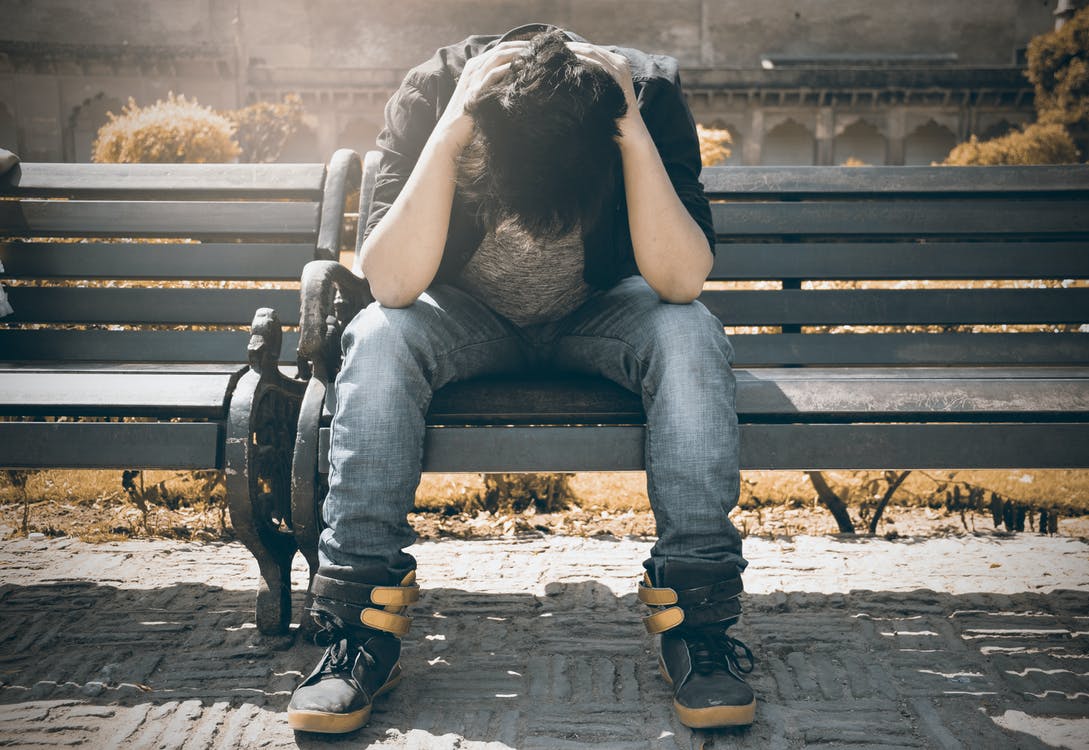A group often forgotten in the quest to comprehend addiction is first responders and their hardships. There is a higher rate of PTSD and substance abuse disorders among first responders because of the frequent exposure they have to stressful and traumatic events. If you or someone you care about in South Africa is struggling with addiction and you’re looking for stories that can provide a sense of shared struggle and validation, this is a topic that may hit close to home.
A first responder’s existence is fraught with stress and strain. These workers are at a higher risk of getting post-traumatic stress disorder (PTSD) because of their frequent exposure to potentially life-threatening events and human suffering. Unfortunately, post-traumatic stress disorder (PTSD) is a major predictor of substance abuse. This connection can be traced back to people’s attempts to treat the debilitating side effects of PTSD on their own.

Bill Wilson, a co-founder of Alcoholics Anonymous (AA), not only pioneered a movement that has…

In South Africa, as in many parts of the world, the impact of childhood trauma…

The journey of recovery from addiction is as unique as the individuals embarking on it.…
First responders are typically portrayed as heroes in popular culture, but it’s vital to remember that they are still human. They can develop mental health problems and substance abuse just like anyone else. It can be doubly difficult for people in these fields to seek help for mental health and addiction issues due to the stigma associated with them. First responders’ difficulties are often compounded because they are ashamed to ask for help for fear of being seen as weak or unfit for duty.
First responders struggling with post-traumatic stress disorder (PTSD) and addiction are in a particularly precarious position in South Africa, where services for these issues are improving but remain inadequate. But acknowledging the problem is the first step toward solving it. Knowing that even the most robust people of our society share your or your loved one’s struggle with addiction can be a comforting thought.
First responders have a special and important role in society, but they also face stressful situations that can take a physical and emotional toll. It’s really worrying because many of these people will go on to suffer from post-traumatic stress disorder (PTSD) and addiction. This is especially true in South Africa, where support for mental health and addiction is still inadequate despite recent gains.
Understanding PTSD in First Responders Post-Traumatic Stress Disorder (PTSD) is a mental health condition that can occur following exposure to a traumatic event. First responders, due to the nature of their work, have a higher likelihood of experiencing such events.
Understanding Addiction in First Responders First responders with PTSD often turn to substances such as alcohol or drugs to manage their symptoms, leading to an increased risk of substance use disorders.
Interplay Between PTSD and Addiction The use of substances can provide temporary relief from PTSD symptoms but often exacerbates the condition in the long run. This creates a vicious cycle that can be hard to break without professional help.
The struggle with PTSD and addiction among first responders highlights the pervasive nature of these disorders. Regardless of profession, addiction does not discriminate. It’s a fact that underlines the importance of compassion, understanding, and appropriate support in dealing with addiction. As society gains a deeper understanding of the challenges faced by first responders, it also emphasizes that seeking help for mental health issues and addiction is not a sign of weakness but rather an act of strength and self-care.
FAQs About PTSD and Addiction in First Responders
Q: Why are first responders at a higher risk for PTSD and addiction? A: First responders frequently face traumatic and high-pressure situations due to the nature of their work, increasing their risk of developing PTSD. Often, substances are used to cope with the symptoms of PTSD, leading to an increased risk of addiction.
Q: Are there specialized treatments available for first responders? A: Yes. Several treatment programs focus specifically on first responders, acknowledging the unique experiences and stressors they face. These programs typically integrate treatments for both PTSD and addiction.
Q: What can be done to support first responders struggling with these issues? A: Reducing the stigma around mental health and addiction is a crucial first step. Providing access to specialized treatment programs, peer support groups, and workplace initiatives that promote mental health are other important measures.
The challenges faced by first responders show that PTSD and addiction do not discriminate based on a person’s socioeconomic position. You and your loved ones facing addiction in South Africa should take comfort in the fact that even the most resilient members of society are not immune to the disease of addiction.
When one considers the challenges faced by individuals who respond to catastrophes, the need to destigmatize mental health and addiction becomes more apparent. It is crucial to foster an environment where people view seeking assistance as a source of self-care and strength rather than a sign of weakness.
Last but not least, keep in mind that getting therapy for PTSD and addiction is possible. First responders can gain a lot from progressive workplace policies, public awareness campaigns, and specialized therapy. Remember that you have support from many people who are also working on getting better. It’s an issue that everyone faces, and that fact alone serves to demonstrate the fundamental human potential for resilience.











